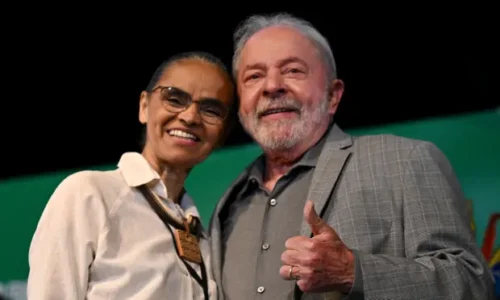Article
Fact-based, data-driven research and analysis to advance democratic debate on vital issues shaping people’s lives.
Center for Economic and Policy Research
1611 Connecticut Ave. NW
Suite 400
Washington, DC 20009
Tel: 202-293-5380
Fax: 202-588-1356
https://cepr.net
A newly-available State Department cable leaked by Wikileaks supports what many critics of MINUSTAH have long alleged: that Brazil maintains its leadership of the mission out of political motives – in particular, to prove its worthiness for a seat on the UN Security Council. The document, from March 2008, also reveals that State Department officials acknowledged that there is very little public support for Brazil’s role in MINUSTAH back home in Brazil [Hat tip: Ansel Herz]:
7. (C) Brazil has stayed the course as leader of MINUSTAH in Haiti despite a lack of domestic support for the PKO. The MRE has remained committed to the initiative because it believes that the operation serves FM Amorim’s obsessive international goal of qualifying Brazil for a seat on the UN Security Council. The Brazilian military remains committed as well, because the mission enhances its international prestige and provides training and operational opportunities. So far, President Lula has backed the Foreign Ministry’s position, and Brazil will likely continue to provide leadership and troops to MINUSTAH for the conceivable future. Despite the success of the MINUSTAH deployment, Brazil has not shown any interest in undertaking further peacekeeping operations, although Brazilian contributions to UN operations in such places as Darfur have been requested.
[Glossary: PKO = Peace Keeping Operation; MRE = Ministry of External Relations; FM = Foreign Minister]
The document, which was released as part of preparatory planning for a visit to Washington by Brazilian Minister of Defense Nelson Jobim, also includes, among its recommendations for “core message[s] for Jobim’s visit”:
The United States would like to congratulate Brazil for its efforts in Haiti. The improving situation there is in no small measure due to the professionalism and dedication of Brazilian troops and leadership. We hope Brazil is resolved to continue to contribute to the success of MINUSTAH.
Apparently no instructions were given to qualify these accolades with concerns about grave human rights violations by MINUSTAH forces, including the firing of 22,000 shots in just a seven hour period in a July 6, 2005 raid in Cite Soleil, which resulted in dozens of civilian residents killed or wounded, including children and infants, and in which eyewitness claim that UN troops were directly responsible for the shootings. State Department officials were well aware of this (and undoubtedly other serious incidents) prior to this 2008 cable, as we know of the 22,000 shots fired because of other Embassy cables that were leaked earlier.
U.S. preoccupation with international support for MINUSTAH is also clear from other documents released by Wikileaks, including some related to State Department directives for espionage activities at the UN. As Der Spiegel reports:
America’s spying assistants were told to find out about Ban Ki-Moon and the positions of his colleagues in the General Secretariat on Lebanon and the Iranian atomic program, as well as Haiti.
In particular, the cable directs staff to gather information to help determine, regarding “UN Peace and Peacebuilding Operations” “Outside Africa”:
Views of UNSC members, the Secretariat, and key member states on Haiti,s government policies and actions on human rights, humanitarian assistance, and democracy.


